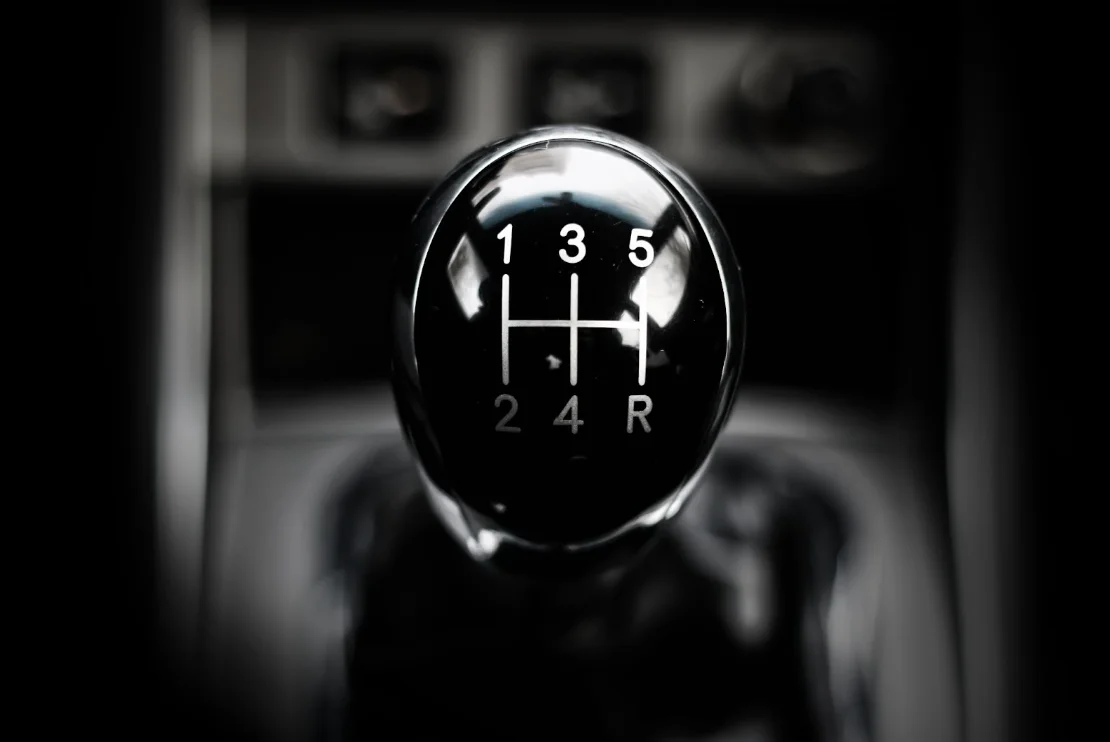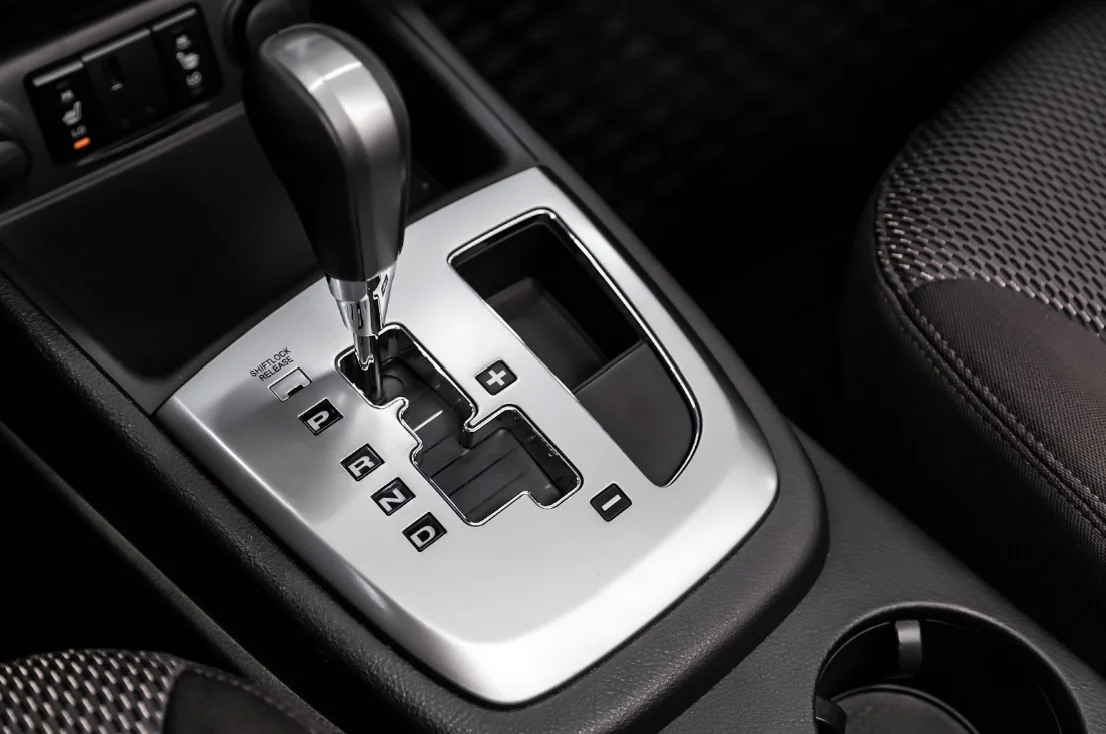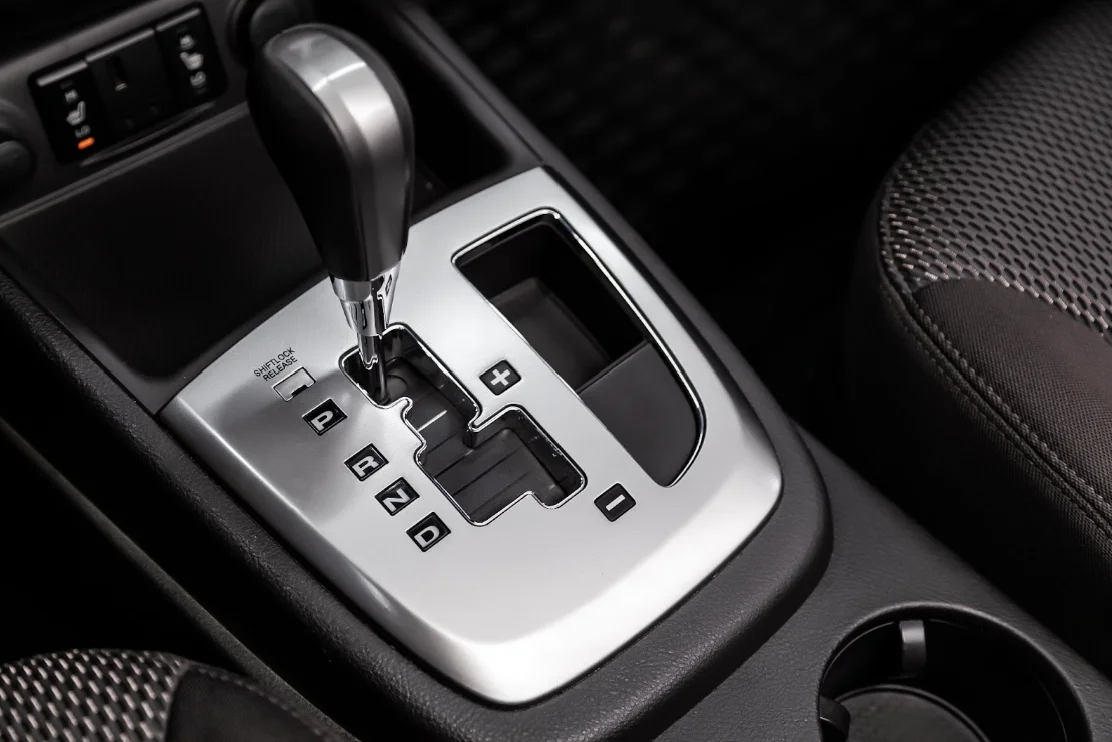People have been arguing about manual and automatic cars for a very long time—pretty much since cars were invented. Nowadays, more people buy cars with automatic transmissions, so liking manual cars has become a special interest. But the discussion about which type is better isn’t over for car enthusiasts. It’s not just about how cars work; it’s about what it feels like to drive them.
The Transmission Connection
Please think of the transmission as what connects your car’s power to its wheels, helping it move at the right speed. It’s like changing gears on a bike to go faster or handle hills better.
Manual Transmission (Stick Shift)

This type requires changing gears using a stick and a third pedal called the clutch. It’s like manually changing gears on a bike.
Automatic Transmission
This type changes the gear for you. All you need to do is drive without worrying about shifting gears.
The Manual Transmission Advantage
Engagement and Control
For purists, the manual transmission is the only way to drive. It offers an unmatched level of engagement, turning every journey into an interactive experience. The tactile feel of shifting gears, of finding the perfect balance between clutch and accelerator, offers a sense of control and accomplishment that automatic transmissions cannot match. This control extends to managing vehicle speed and handling more precisely, an advantage in adverse driving conditions or for those who enjoy the art of driving.
Security and Global Versatility
Interestingly, the rarity of manual transmissions in the United States has turned them into a less attractive target for car theft. Beyond the borders, manual cars dominate the roads in Europe and Asia, making knowledge of manual driving essential for travelers seeking to explore the world at their own pace.
Cons of Choosing Stick Shift
However, the manual choice has its caveats. The effort and attention required can turn driving from a pleasure to a chore, particularly in traffic-heavy or mountainous areas. The declining availability of manual options in new cars also means a shrinking pool from which to choose, and the potential difficulty in sharing the driving burden with those not versed in manual transmission can be a significant drawback.
The Automatic Transmission Advantage
Convenience and Comfort
The primary appeal of automatic transmission is its simplicity. Drivers can focus more on the road and less on the vehicle’s mechanics, making it particularly appealing for new or casual drivers. The wide availability of automatic vehicles means a greater choice in vehicle selection, ensuring a car meets almost any need or preference.
Less Physically Demanding
Automatic cars are generally less tiring, especially in stop-and-go traffic, where a manual transmission requires constant shifting. This ease of use extends the appeal of automatic transmission vehicles to a broader demographic, making them the go-to option for many families and individuals.
Cons of Going Automatic
For all their convenience, automatic transmissions can lack the engaging experience that driving enthusiasts crave. The complexity of automatic systems can also lead to higher maintenance and repair costs, a significant consideration for long-term vehicle ownership.
Navigating the Choice
Choosing between manual and automatic transmissions goes beyond mere preference. It encompasses considerations of driving style, vehicle availability, and even the geography of where the car will be driven. For enthusiasts, the manual transmission offers an irreplaceable connection to the driving mechanics, a joy in the control and skill required to explore the roads. Conversely, the automatic transmission presents a practical, comfortable choice, particularly for those who prioritize convenience or live where traffic conditions make manual driving more challenging.
Summary
Ultimately, the debate between manual and automatic transmission reflects the broader diversity within the automotive world. It’s a choice that allows drivers to select the experience that best fits their lifestyle, whether that’s the engaged, hands-on approach of the manual transmission or the ease and accessibility of the automatic. The gap between these two options may narrow as technology continues to evolve. Still, the fundamental differences in driving experience ensure that this debate will continue to engage car enthusiasts for years.
FAQs
Can automatic cars be as fuel-efficient as manuals?
Yes, they can. In the past, manual cars were known to be more fuel-efficient, but advancements in technology have greatly improved the fuel efficiency of automatic cars. Nowadays, some automatic transmissions are designed to use fuel as efficiently as manuals, or sometimes even better.
Are manual cars cheaper than automatics?
Generally, yes. Manual cars tend to be cheaper to buy than automatics. This difference can be seen in the initial purchase price and often in maintenance costs over time, as manual transmissions can be simpler and less costly to repair.
Do automatic cars have better resale value?
This can vary by market and car model. In areas where automatic cars are preferred, they may hold their value better than manuals. However, in regions where manual driving is more common or for certain types of vehicles like sports cars, manual transmissions can sometimes have a better resale value.
Are there any driving situations where one type of transmission is clearly better?
For city driving with a lot of stop-and-go traffic, many people prefer automatic transmissions because they’re easier and less tiring to drive. For off-road driving or when you need precise control over gear changes, a manual transmission might be preferred for its direct control. However, the choice largely depends on personal preference and the specific driving situation.
Get the right coverage for your car with tutenagency
New tutenagency customers?
Quote auto insurance online or call (334) 502-5111 to insure your vehicle.
Legal Disclaimer: ADVERTISING MATERIAL ONLY. Do not rely on this site or this article for legal or financial advice. The information provided on 210agency.com is strictly for educational purposes and to provide you with general educational information. Since state laws and financial regulations are subject to change, please schedule an appointment with an attorney or qualified financial advisor in your area to further discuss your personal situation. This public information is neither intended to, nor will it, create an attorney-client or financial representative relationship.

